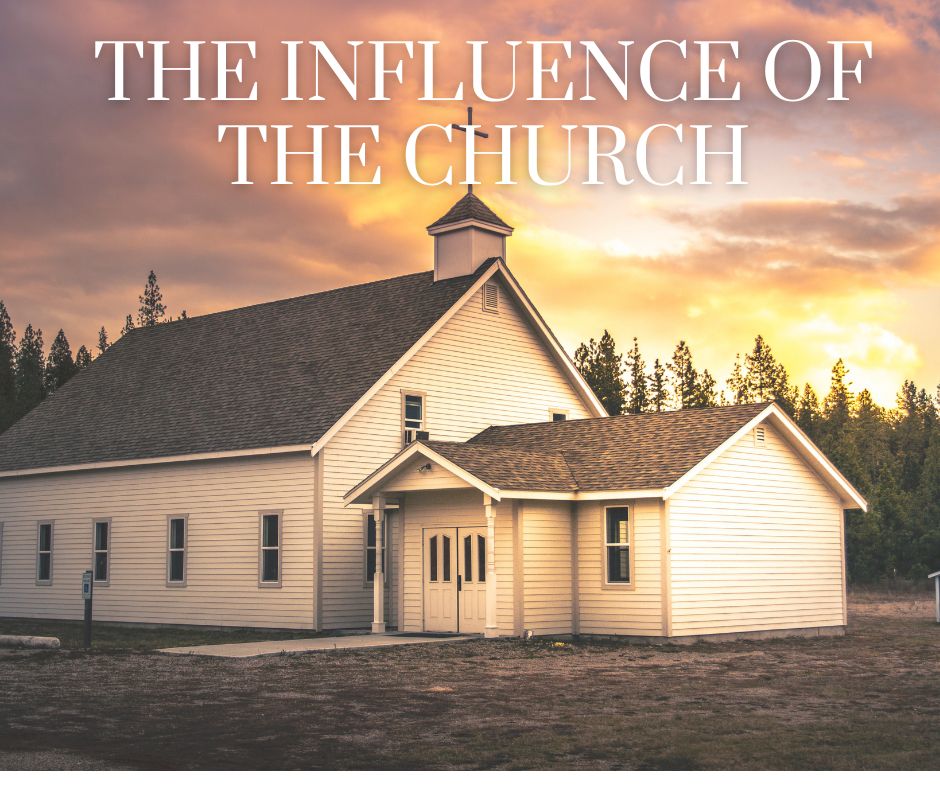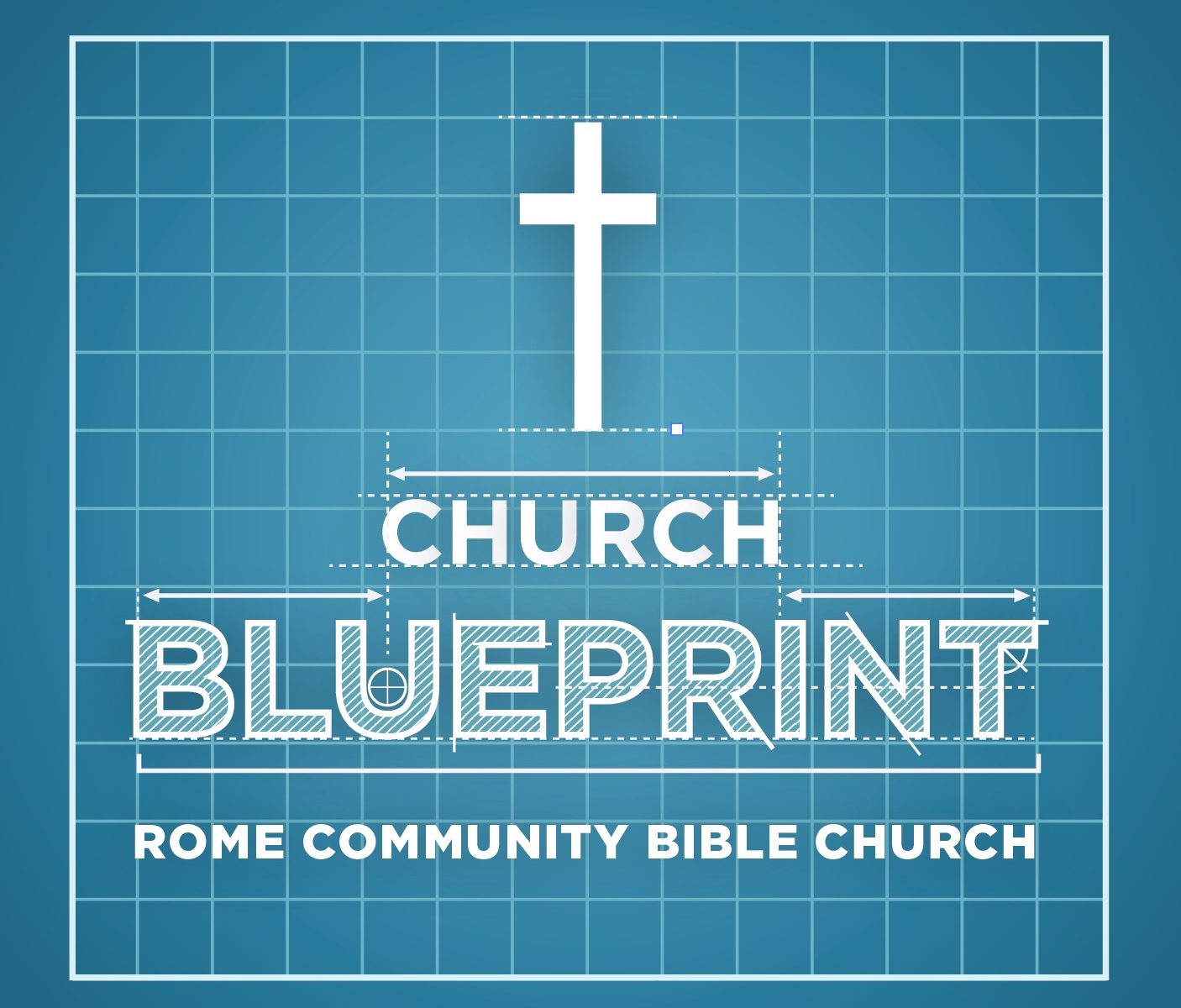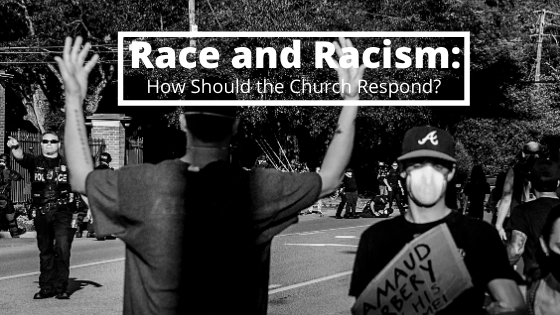Throughout history, the church has wielded significant influence on the world, and it is essential to recognize both its positive and negative impacts. While acknowledging the negative aspects of the church is crucial for a comprehensive understanding, it is equally important to highlight the numerous positive contributions it has made to society. These positive impacts include humanitarian work, charitable initiatives, aid and emergency response efforts, promotion of education, and the embodiment of unconditional love towards marginalized individuals, just to name a few.
In his enlightening book, Bullies and Saints: An Honest Look At the Good and Evil of Christian History, John Dickson fearlessly delves into the challenging periods of the church’s past, such as the Crusades and the Inquisitions. However, he also emphasizes the church’s embodiment of Christlikeness and its profound influence on humanity.
One fascinating aspect discussed in the book is the church’s transformation during the 4th century, following the Great Persecution in the Roman Empire (303-312/313). During this time, the church embraced a unique perspective centered around the principle of love. Inspired by the life of Jesus, the church sought to model love in all aspects of its existence.
Here is an excerpt from the book:
Wealthy “benefaction” was, of course, an important feature of ancient Roman life. Emperors and other elites would bestow gifts on the citizenry-and only citizens-including buildings, monuments, and public games, as well as food supplies in times of shortage. The word for this was euergetism. “do-gooding,” and it was closely linked to the virtue of philotimia, “love of honor.” Public benefaction in ancient times was not charity on the basis of human need, but a social contract. The benefactor shared resources with less well-off citizen in return for public honor. This civic euergetism, writes Peter Brown of Princeton, ‘contained no element of compassion for the poor.’
John Dickson, Bullies and Saints, pg. 79-80.
The Radical Teaching in the New Testament
The church’s service to humanity, especially to the poor and their neighbors, was characterized by true compassion without any expectation of reciprocation. Their actions stood in stark contrast to other humanitarian aids of that time, as they cared for the sick not for payment but out of a genuine compulsion to show love. Aid was freely distributed to those in need, not seeking honor in return, but driven by the belief that every person bears the Imago Dei, the Image of God. This foundational principle made the church distinctly different in its approach to humanitarian work.
The teachings in the New Testament further exemplify the radical nature of love and compassion promoted by the church:
- Love Your Neighbor: Jesus emphasized the importance of loving one’s neighbor as oneself, encompassing anyone the Lord placed before them (Mark 12:31).
- Love Your Enemy- Taking it a step further, the teachings urged believers to love their enemies and pray for those who persecuted them, thereby reflecting the character of God (Matthew 5:43-45).
- Non-retaliation– “Believers were encouraged not to seek vengeance but to leave it to God, and instead, to respond to evil with acts of kindness and love (Romans 12:19-21).
- The Sign of Love- Jesus emphasized that love for one another would be the defining characteristic of His disciples (John 13:35).
What About Today?
However, reflecting on the present state of Western Christian churches, there is a concern about whether they have retained their influence and adherence to these principles.
As we examine Western Christian churches, it becomes evident that we must confront the question: Have we lost our influence? In a world that desperately needs love, compassion, and a message of hope, it is essential to reflect on whether we are faithfully embodying the radical teachings of Jesus. Are we consistently showing genuine love to our neighbors and even our enemies? Are we responding to evil with goodness and kindness? Our impact on the world hinges on our commitment to living out these principles. As the church, let us reevaluate our priorities (Jesus), rekindle our passion for selfless service, and embrace the transformative power of love. By doing so, we can once again be a powerful force for good and exemplify the true essence of Christianity to a world in need.”
You can pick up a copy of Bullies and Saints from Amazon or other retailers.








